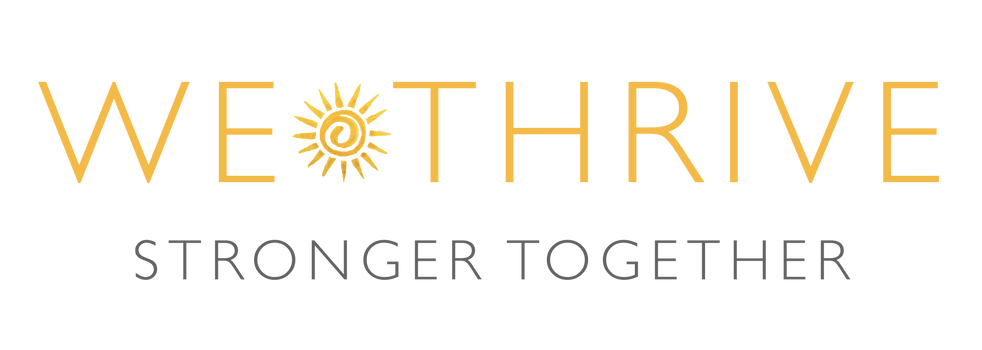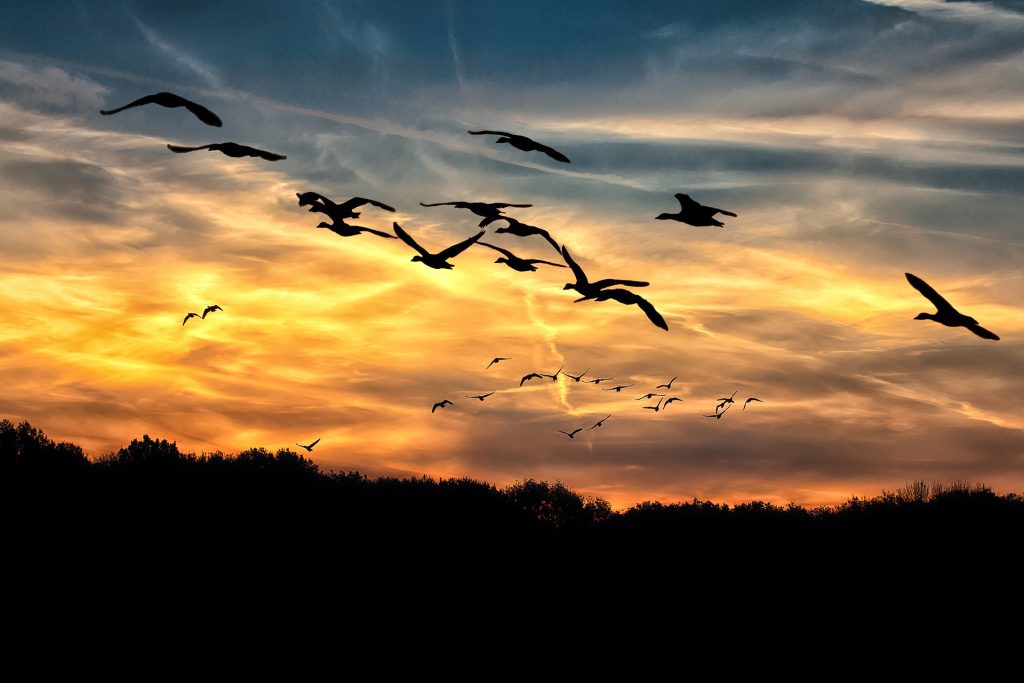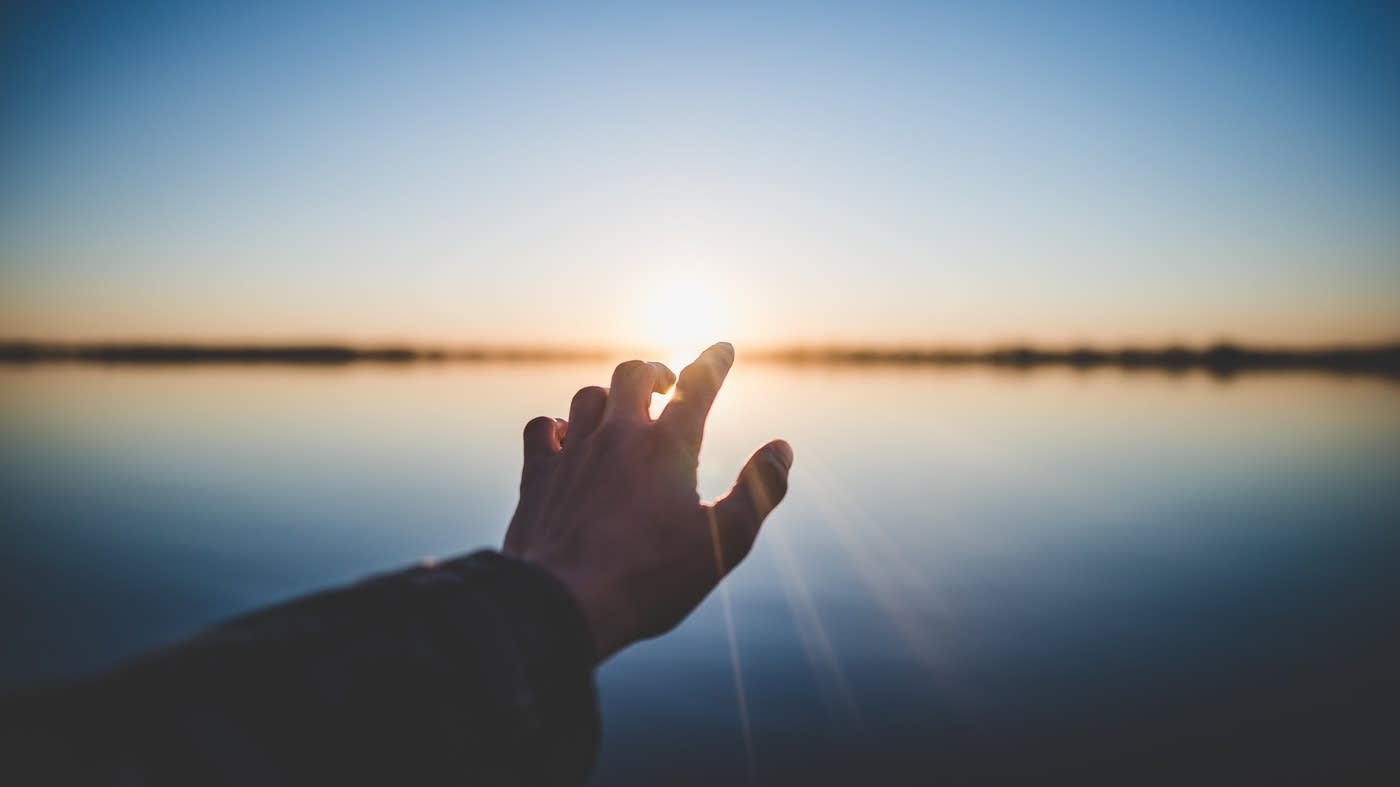Up until our son’s 16th birthday at the beginning of 2019, I would have said we were a loving, healthy and active family, living life to the full. What we did not realise was that due to pressures from society and following on from his two very-high achieving and commercially successful elder half-siblings, he had, during his teens, begun to lose confidence and self-esteem. He had begun to feel like a misfit, never good enough academically, socially or physically.
In hindsight there were some signals of trouble during the summer of 2018 when his school report suggested that, although a bright boy, he had stopped trying academically. Our loving and considerate son also started to become difficult, argumentative and overly keen on screen time.
Looking back these were signs of increasing depression but did not recognise this and believed it to be nothing other than the behaviour a typical teenager navigating adolescence. Subsequent tests revealed that he was also dealing with low processing skills, ADD and ADHD which would have added to his feelings of isolation, confusion and inadequacy.
Reality hit with a jolt one night in February 2019 with a phone call at 11.30 pm from school. He had been found alone in the school grounds, on the coldest night of the year, having drunk an entire bottle of gin. Although not atypical behaviour of a teenage boy, this was later diagnosed by a psychiatrist as the first of two suicide attempts that week.
This was the beginning of a seemingly endless merry-go-round involving private therapists, CAMH’s and medication. Sometimes it seemed we made progress, often not.
For the remainder of the academic year, our son remained at home to study for his GCSEs. He thankfully passed enough to progress to the next stage without having to re-sit any exams. However, during this time our focus as parents shifted from schoolwork to just hoping we could keep our son alive. We worried that something (anything) might destabilise the fragile equilibrium in our home, and we walked on eggshells (often at the expense of his siblings) to keep him stable, though in hindsight this only served to enable his manipulative and destructive behaviour.
It was a frustrating, lonely, and terrifying time for us. Our son continued to be alcohol dependent which was a source of contention and although he would promise to change there were moments when he felt so hopeless that self-control became impossible. The situation was not helped by well-meaning voices who kept telling us that all teens drink. As parents, arguing against this was incredibly isolating because we knew the drinking was destructive and outside the ‘normal’ framework of experimenting or having fun.
He was desperate to get back to his friends at boarding school for 6th form and to escape our watchful eyes. However, by half term it became clear that his friends were often having to cover up for his frequent use of alcohol, aerosols and even hand sanitiser, when no other type of alcohol was accessible.
The school was hugely supportive and understanding but once they realised his drinking was more than a disciplinary issue, they could not allow him to stay. His addiction and underlying mental health issues meant they were not able to keep him safe. We were not certain we could either but we explored all avenues that opened up to us.
We were very fortunate to discover Yes We Can (YWC) relatively early, after only one year on the emotional roller-coaster. Many other families we met had struggled for much longer before discovering this expensive, yes, but outstanding resource.
He was admitted to the residential programme a few days after his 17th birthday and ten weeks later when he re-emerged his life had been turned around. He was able to see clearer, move forward and look to the future. Our son now identifies as an addict and with the support of YWC Fellows, the 12 step programme and many others who played a part in his story, he is 2 years clean today
There has been much work and many achievements on this road of recovery. We all survived lockdown and the endless rounds of, mostly online meetings, which took priority over everything else and in themselves sometimes seemed like another addiction. He returned to school to complete A-levels and is now at university in London pursuing his passions of music and the continuation of his recovery programme. He has new awareness, skills and strategies and maintains a strong and active connection with the wider YWC family.
Along the way I have learned two important lessons. The first, that no amount of privilege entitles us to an easy life. And, secondly, that when it comes to health matters, physical or mental, we must be our own (and our children’s) advocates. The social system in England is not a fool-proof safety net.


